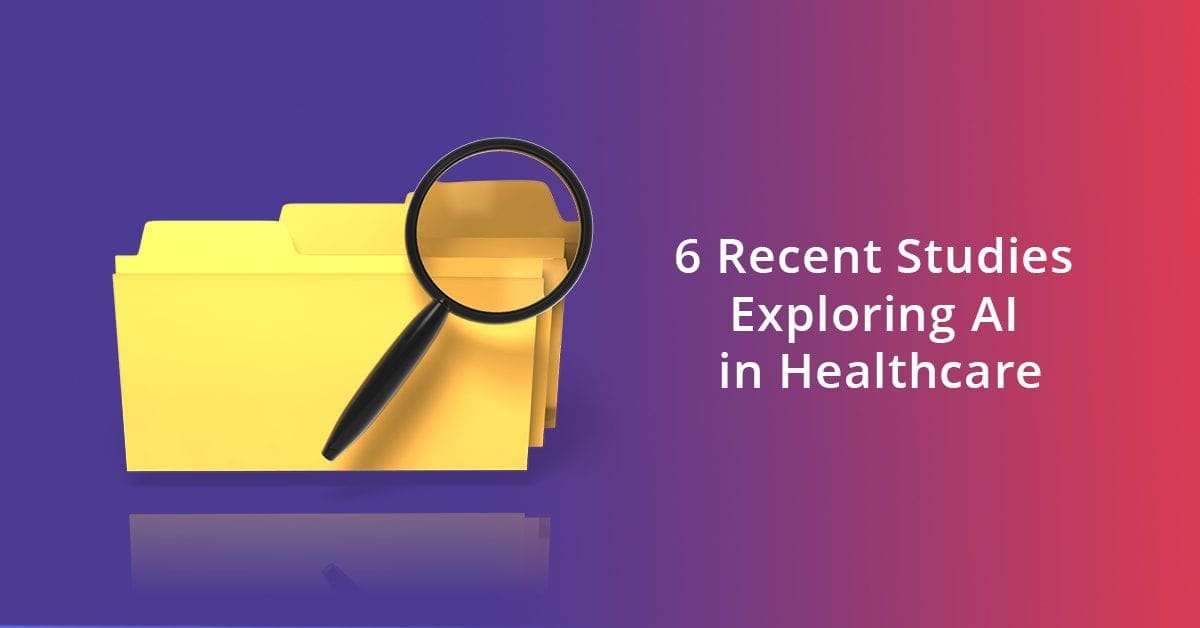Call us toll-free: 800-878-7828 — Monday - Friday — 8AM - 5PM EST

Katie Adams for Becker’s Hospital Review
In the past decade or so, researchers have piloted more and more studies exploring artificial intelligence’s potential to transform healthcare for the better, including reducing workflow inefficiencies, predicting future health outcomes and speeding up diagnoses.
Here are six key AI studies that have been published recently:
- “Whose morality? Which rationality? Challenging artificial intelligence as a remedy for the lack of moral enhancement“: As AI becomes more and more integrated into clinical workflows, this study explored the technology’s ability to meet human ethical standards.
- “Artificial intelligence quantified tumour-stroma ratio is an independent predictor for overall survival in resectable colorectal cancer“: The research team developed a deep learning model to quantify patients’ tumour-stroma ratio, which can help predict outcomes for those with colorectal cancer.
- “A microstructural neural network biomarker for dystonia diagnosis identified by a DystoniaNet deep learning platform“: Researchers developed an AI platform to detect cases of dystonia, for which there is currently no diagnostic test, from an MRI with 98.8 percent accuracy.
- “External evaluation of 3 commercial artificial intelligence algorithms for independent assessment of screening mammograms“: The study assessed three commercially available algorithms designed to detect breast cancer to measure how they performed when used independently as well as in combination with radiologists’ analysis.
- “Multicenter multireader evaluation of an artificial intelligence-based attention mapping system for the detection of prostate cancer with multiparametric MRI“: The research team investigated how AI detection systems compared to multiparametric MRI systems in identifying prostate cancer, finding that the AI system only minimally improved overall sensitivity.
- “A comprehensive study on classification of COVID-19 on computed tomography with pretrained convolutional neural networks“: The study examined 16 convolutional neural networks to determine how efficiently they could use imaging data to improve COVID-19 point-of-care diagnostic and detection tools.
